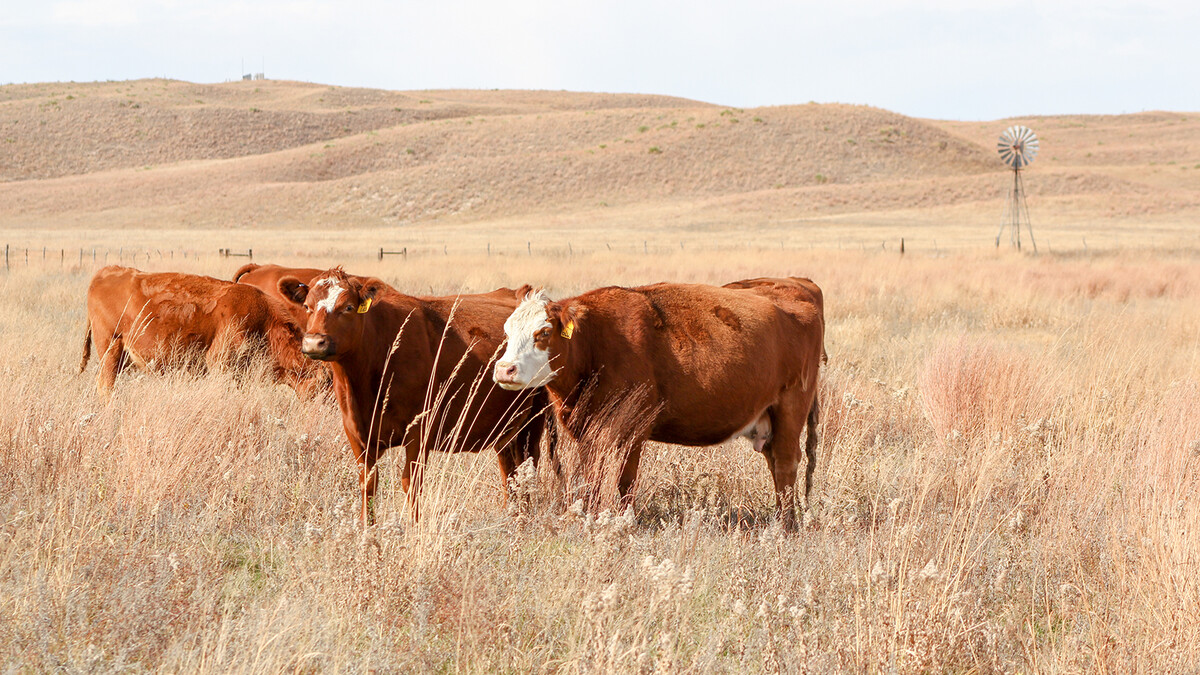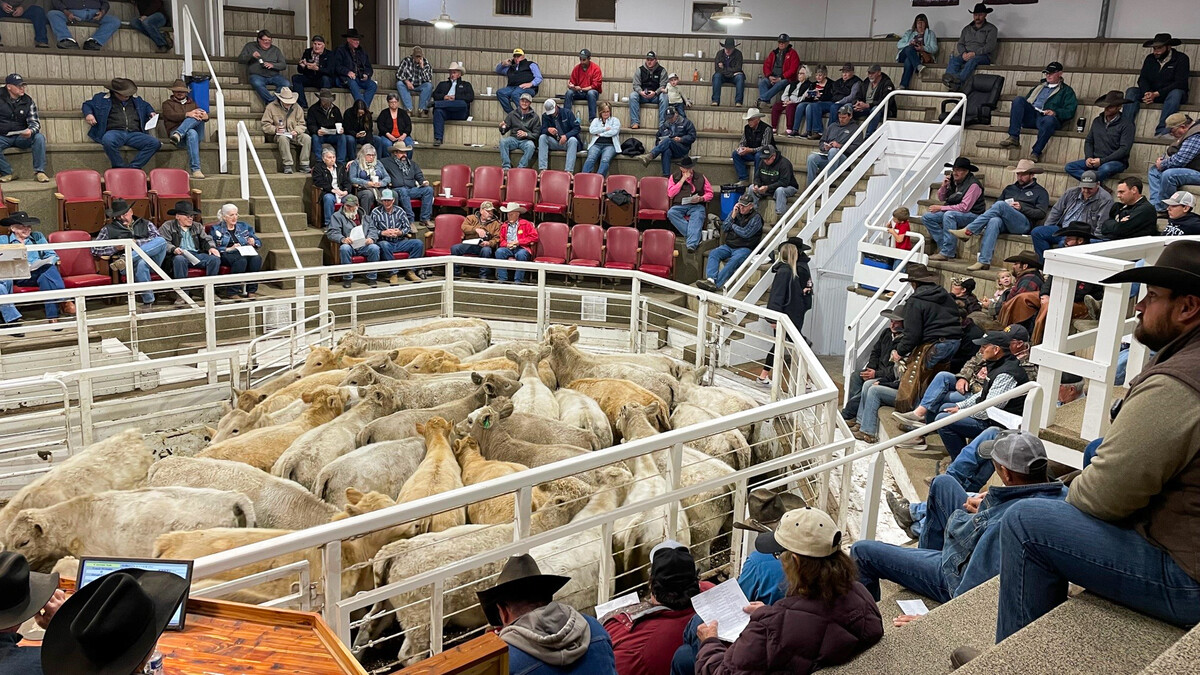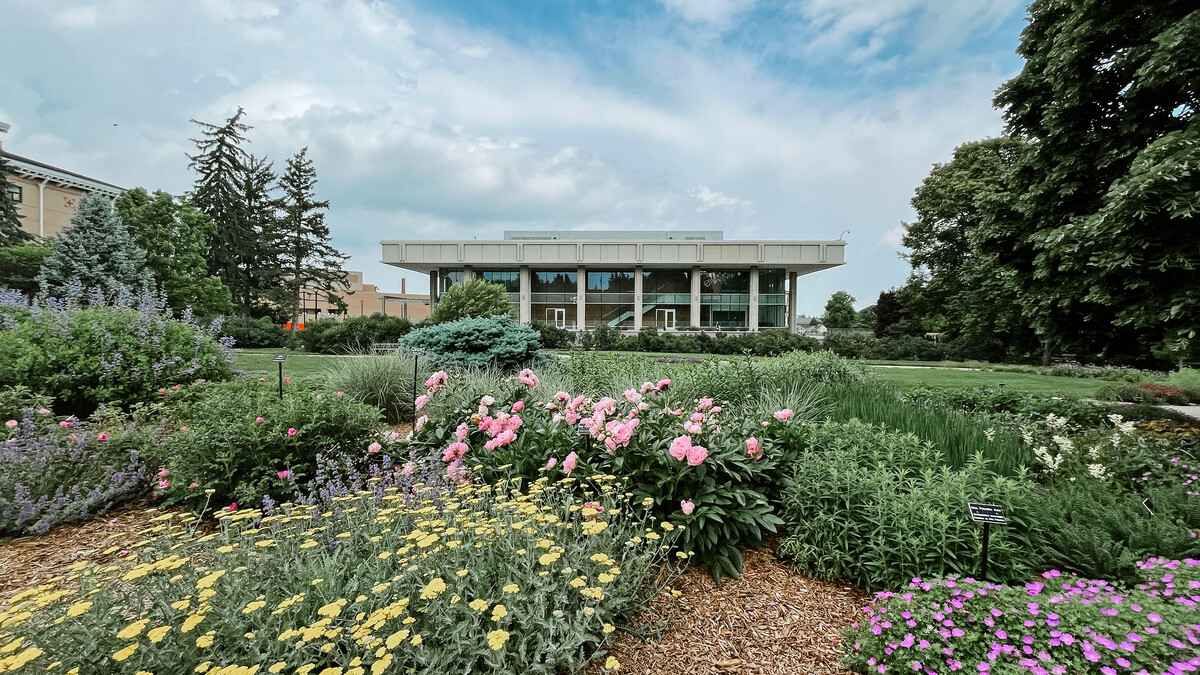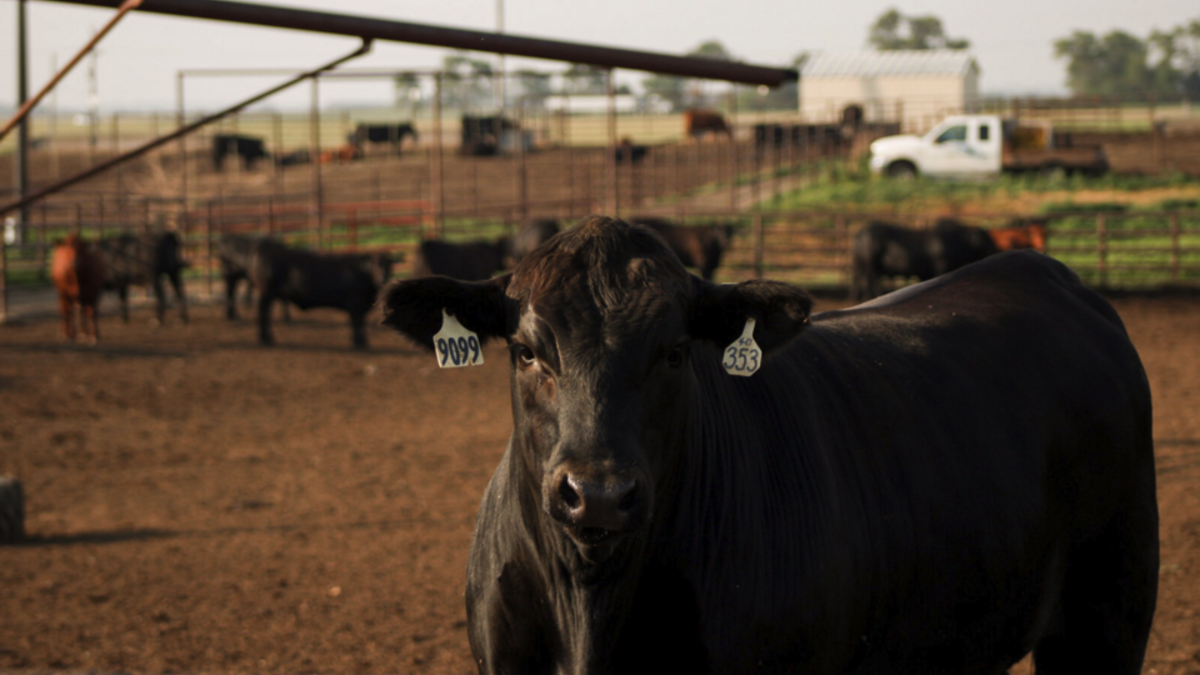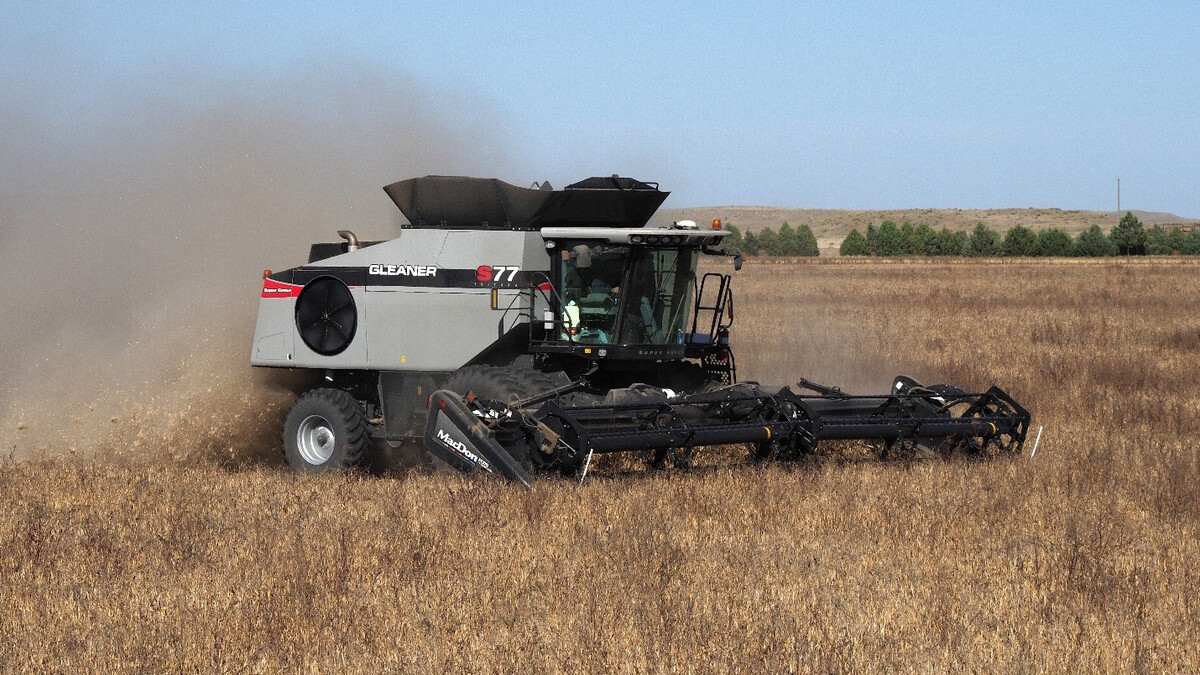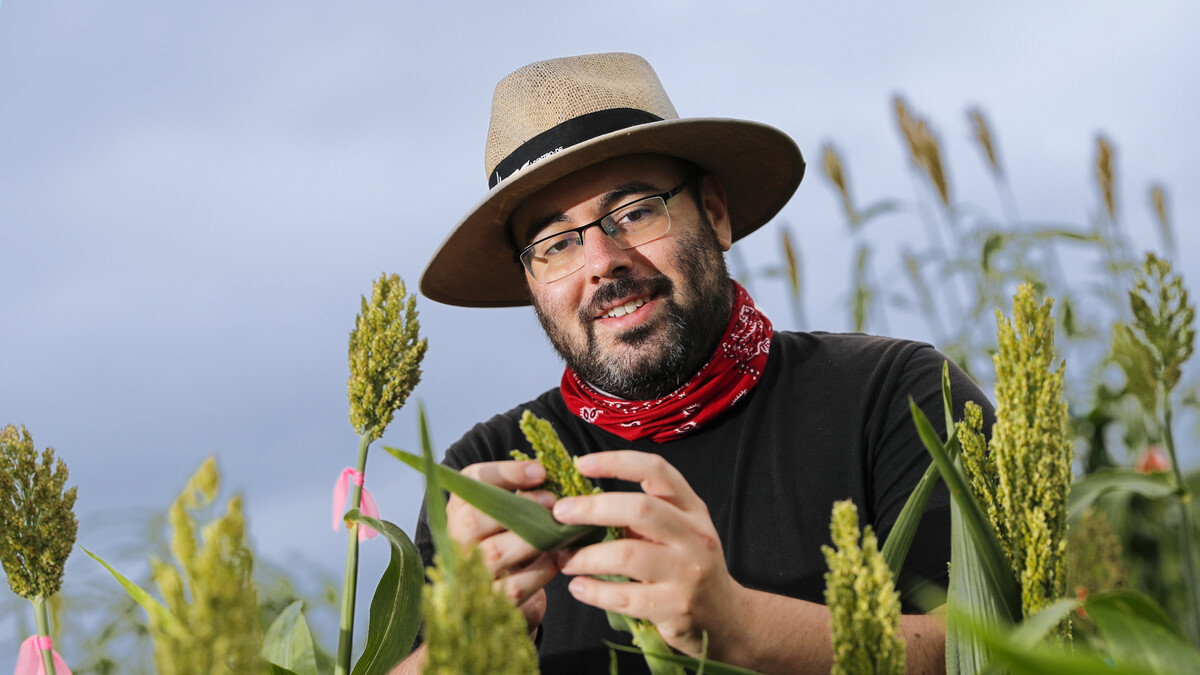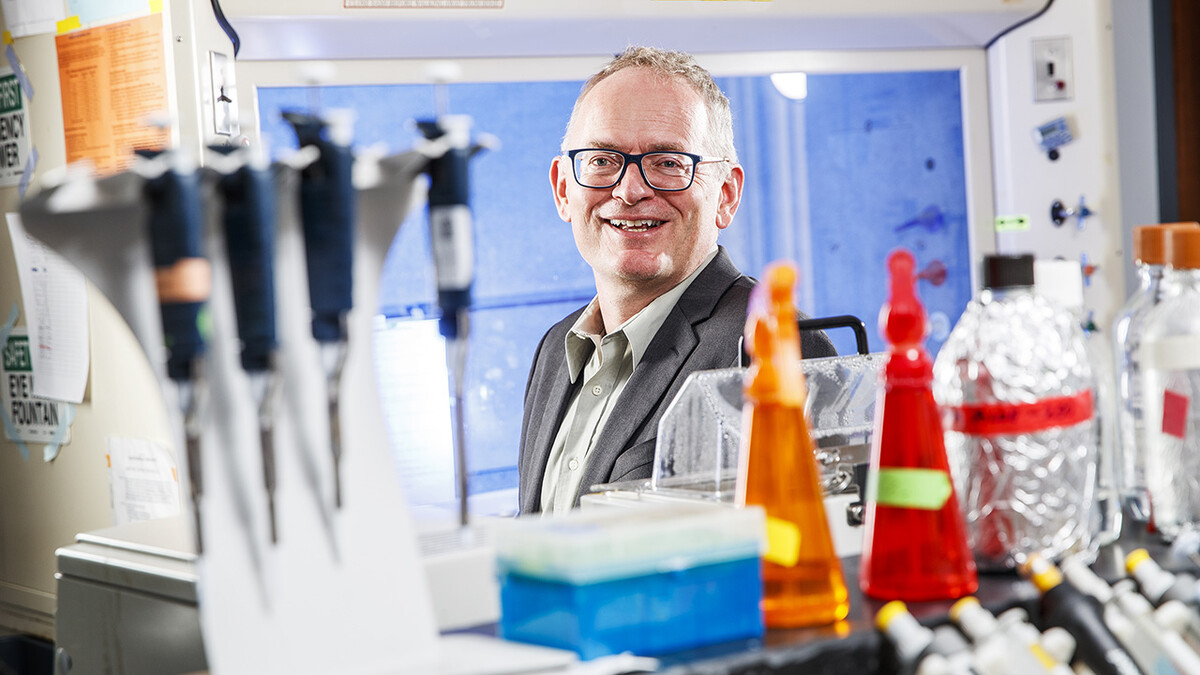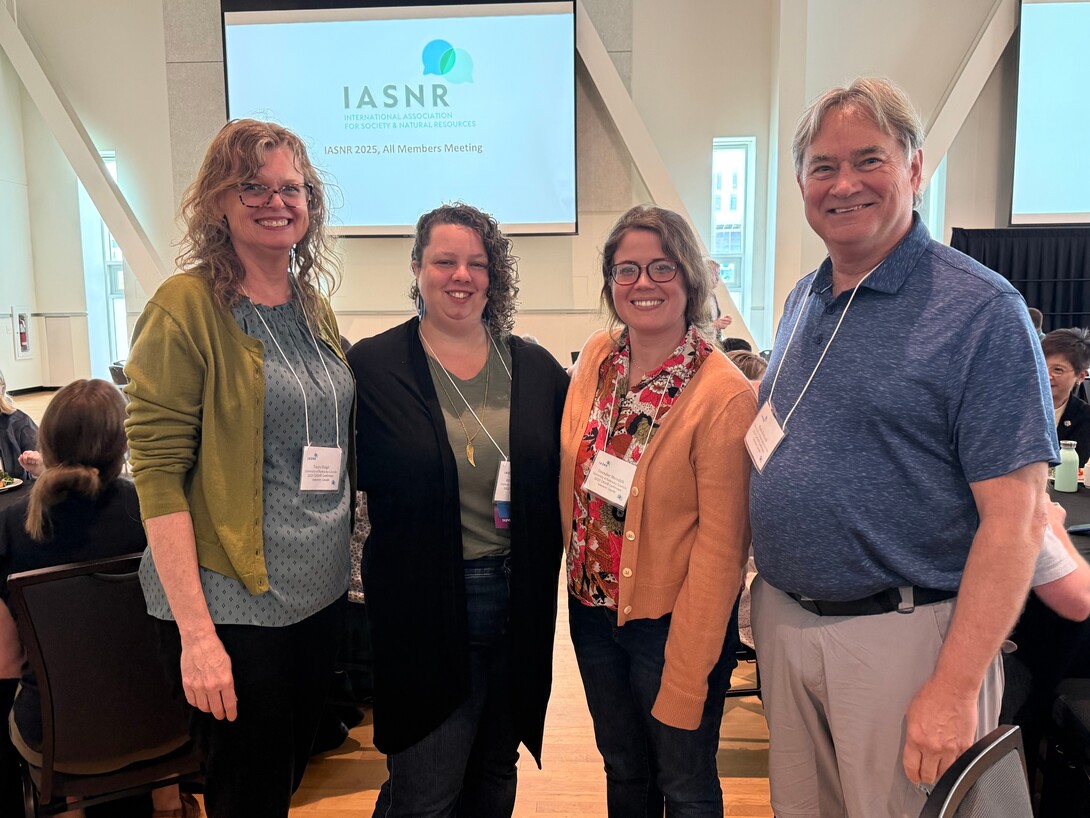
While Nebraska agriculture is often associated with innovations in equipment, seed and soil management, a group of researchers at the University of Nebraska–Lincoln is focusing on something just as essential — the people behind the research.
Social scientists Tonya Haigh, Brooke McWherter, Gwendŵr Meredith and Mark Burbach are advancing the understanding of the human dimensions of agriculture and natural resource management by examining how stakeholders, including farmers and managers, adapt, learn and envision the future.
Their work was recently presented at the International Association for Society and Natural Resources (IASNR) conference, connecting Nebraska’s applied social science to an international network of researchers and practitioners.
Haigh, a rural sociologist and social science coordinator for the National Drought Mitigation Center in the School of Natural Resources, presented on institutional barriers to managing drought in Montana forest ecosystems. Her work highlighted opportunities to build drought mitigation, response and recovery strategies into forest ecological management plans.
This research is “helping us identify the resources and support needed by forest managers to address future drought challenges and protect these critical ecosystems,” she said.
A natural resource social scientist in the Agronomy and Horticulture Department, McWherter presented on mapping out potential adaptive pathways for Nebraska’s cropping systems. Her work highlighted how both incremental and transformative shifts are possible in the technological, economic and social ways they may shape Nebraska’s ag future.
“The different pathways we identified matter beyond the farm gate,” she said. “How agriculture adapts affects food prices, water use, rural economies and environmental sustainability. By understanding these potential shifts and what could influence them, we can plan for the outcomes we want and avoid those we don't, building a more resilient future for everyone.”
Meredith, a socio-ecological rangeland scientist in the School of Natural Resources (SNR) and a member of the USDA’s Long-Term Agricultural Research (LTAR) Network, presented on examining how LTAR fosters transformative approaches to agroecosystem science and innovation. She presented alongside colleagues in LTAR and with the Canadian AAFC Agricultural Climate Solutions (LCS) Living Labs program.
“My research helps us understand how people — ranchers, scientists, land managers — fit into agricultural innovation,” she said. “By collecting baseline data on the human side of rangeland systems, we can better support collaborative, long-term solutions that sustain both livelihoods and ecosystems. It’s about ensuring that the science we invest in is rooted in the realities of those who live and work on the land.”
Burbach, a environmental social scientist in the Conservation and Survey Division of SNR, presented on the Testing Ag Performance Solutions (TAPS) program, sharing data from pre/post assessments with first-time participants that showed increased knowledge in beneficial management practices, improved access to trusted production specialists, and increased valuation in peer-based learning opportunities, highlighting the value of producer-driven experimentation and peer-based competition programs.
This research “demonstrates how participating in the TAPS competition enhances knowledge and attitudes towards environmentally and economically sustainable production practices, which in turn can reduce the risk associated with experimenting with these practices on participants’ farms,” he said.
Together these researchers showcased on an international scale how social sciences are essential in tackling complex agricultural challenges, adding context to Nebraska’s leadership in agricultural resiliency, and connecting field-level realities to national and international conversations about sustainability and adaptation.

